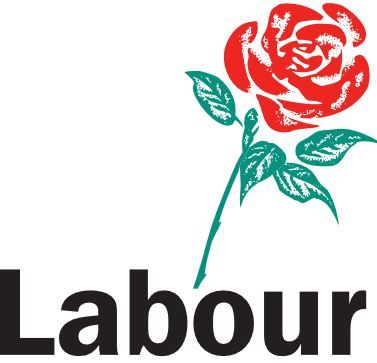The UK’s Labour Party on Sunday pledged an ₤8 per hour minimum wage by 2020 if it wins next year’s general elections. It says too many hardworking people in Britain today are still living in poverty or relying on state aid because of extremely low wages.
More than 1 in 5 employees, i.e. over 5 million workers, have to get by on low pay, the Labour Party claims.
Since Prime Minister (Conservative) David Cameron came to power, working people are ₤1,600 per year (average) worse off, Labour claims. The value of the National Minimum Wage has declined, in other words, with the minimum wage today you get less than before the Conservatives took office.
Great Britain needs a new plan to ensure that work pays for everyday working people, Labour says. The government needs to address not only extreme exploitation, but also the broader problems that low pay creates.
Too many hardworking Brits live in poverty, says the Labour Party.
On its website on Sunday, the Labour Party wrote:
“The wage rise is based on a proposed target to increase the NMW from 54% to 58% of median earnings by 2020 following consultation with business.”
“Forecasts show that this target will take the NMW from £6.50 in October this year to £8.00 by 2020 – a rise of £1.50 an hour for Britain’s lowest paid workers, worth £60 a week or £3,000 a year for a full time worker on the minimum wage.”
Labour says that supporting minimum wage increases does not cause job losses, according to international evidence.
In the low-pay league, the UK ranks 25th out of 30 nations across the OECD. “That’s why Labour will ensure that those doing a hard day’s work are rewarded for doing so: raising the minimum wage as part of a national plan to build an economy that works for working people,” the Party wrote.
Employers concerned about small businesses
British employers fear that a high minimum wage would not only undermine job growth, but would also hurt medium and small businesses.
John Cridland, Director-General of the Confederation of British Industry (CBI), which represents employers, said in September that a sectoral approach to setting the minimum wage is not feasible and would damage small companies the most. It is based on a myth that all companies working in the same sector have identical margins.
Mr. Cridland said:
“The staff of a small IT start up might chose to forego higher wages to help get the business off the ground, surviving on wafer-thin margins. Sectoral minimum wages would favor incumbents over challengers.”
“As a stepping stone into work, a minimum wage job is a good starting point, but it’s through on-the-job training and experience that people will progress to higher-paid roles.”

